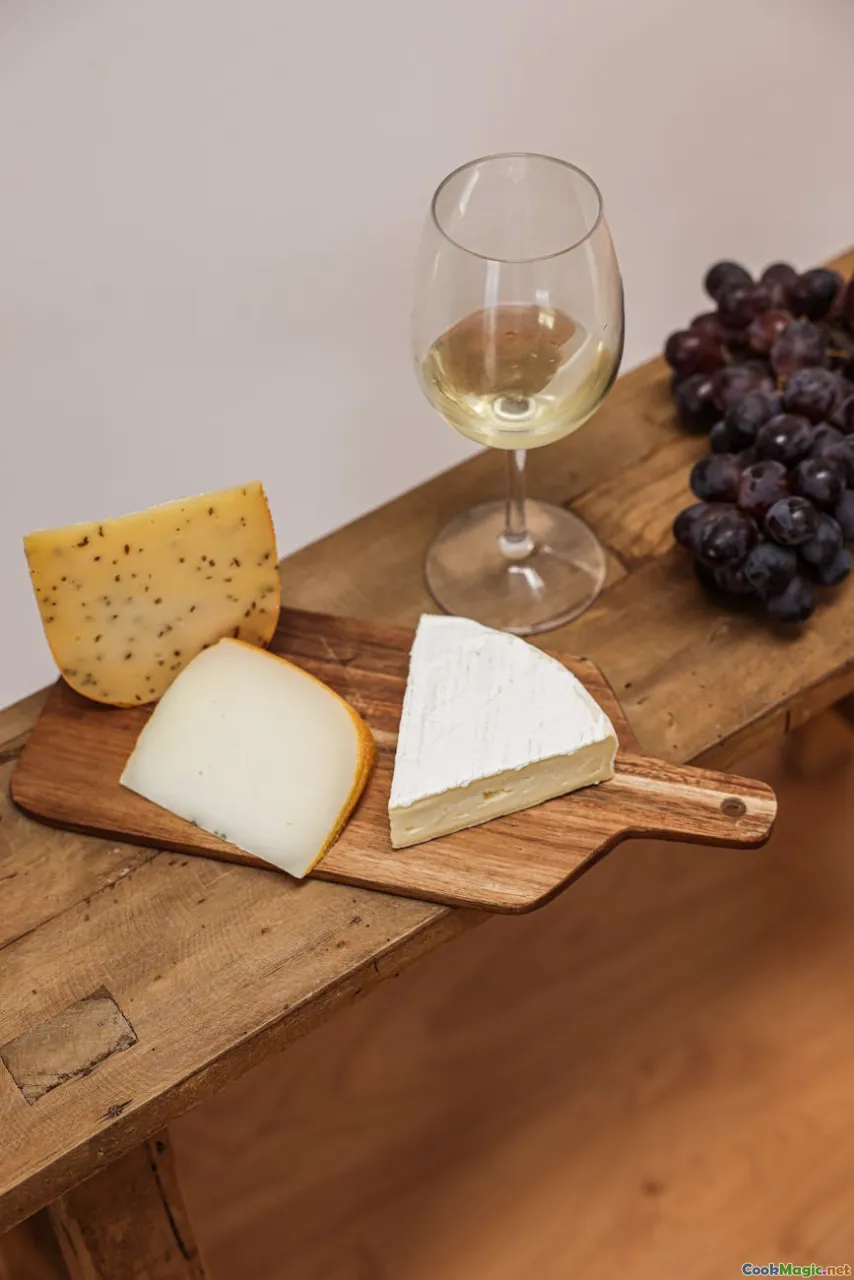Decoding French Wine Pairing with Regional Dishes
8 min read Explore the intricate art of pairing French wines with regional dishes, revealing how geography, history, and tradition shape perfect culinary harmony across France. June 15, 2025 15:05
Decoding French Wine Pairing with Regional Dishes
Imagine strolling through a sun-dappled vineyard in Provence, where the scent of lavender mingles with ripe grapes, or wandering the cobbled streets of Burgundy, where centuries-old cellars whisper tales of tradition. France’s culinary landscape is a tapestry woven with regional flavors, each with its unique wine heritage that elevates the dining experience into a sensory journey. But what makes a wine pair so sublime with certain dishes? How do geography, climate, history, and culture shape these pairings? In this article, we delve deep into the art and science of decoding French wine pairings with regional dishes, revealing the stories behind the bottles and plates.
The Cultural and Historical Roots of French Wine Pairing
French cuisine and wine are inseparable, each reflecting a region’s identity and history. The practice of pairing wines with regional dishes dates back centuries, rooted in the principle that food and wine should enhance each other, creating a harmonious balance of flavors.
A Reflection of Terroir
In France, the concept of terroir — the unique combination of soil, climate, grape variety, and topography — is fundamental. It influences not only the wine’s character but also its ideal culinary companions. For instance, the limestone-rich soils of Champagne produce crisp, mineral-driven sparkling wines that perfectly cut through the richness of a buttery seafood platter.
From Monastery Cellars to Modern Cellars
Historically, monasteries and abbeys played a pivotal role in developing regional wine traditions, meticulously cultivating grapes and refining wine-making techniques. This heritage persists today, with many wines still bearing the imprint of centuries-old practices. The regional dishes evolved in tandem, each adapting to local ingredients and wine styles.
Social and Culinary Significance
In France, wine is more than a beverage; it’s a social fabric that unites families and communities. Dishes are crafted to complement local wines, fostering a deep appreciation for regional diversity. This cultural synergy makes wine pairing an art that is both personal and collective.
Regional Flavors and Their Signature Wines
Each French region boasts distinctive flavors, ingredients, and wine styles. Understanding these nuances is key to decoding their ideal pairings.
Burgundy: Elegance in Pinot Noir and Chardonnay
Burgundy’s rolling vineyards produce some of the world’s most revered wines. Pinot Noir, with its delicate red fruit, earthy undertones, and silky tannins, pairs exquisitely with dishes like coq au vin (chicken cooked in red wine) and escargots de Bourgogne.
Chardonnay from Burgundy, often with a subtle minerality and buttery richness, complements creamy sauces, lobster, and poultry.
Bordeaux: Power and Complexity
Bordeaux’s robust reds, chiefly Merlot and Cabernet Sauvignon, are perfect partners for hearty fare. Think of a succulent confit de canard (duck confit) or a beef bourguignon. The wines’ tannic structure cuts through rich, fatty dishes, cleansing the palate.
Champagne and the North
Champagne isn’t just for celebrations. Its high acidity and bubbles make it an ideal pairing for oysters, caviar, and even fried foods like tempura, providing a refreshing contrast.
Loire Valley: Freshness and Fruitiness
Light, crisp wines like Sancerre (Sauvignon Blanc) and Vouvray (Chenin Blanc) marry beautifully with goat cheese, freshwater fish, and salads, highlighting the region’s fresh produce.
Rhône Valley: Spicy and Bold
Syrah/Shiraz from the Rhône offers spicy, smoky notes that enhance grilled meats, ratatouille, and lamb dishes.
Provence: Rosé and Mediterranean Flavors
The iconic rosé wines of Provence, with their bright acidity and delicate fruit, are perfect with Provençal salads, seafood, and dishes seasoned with herbs de Provence.
Practical Tips for Perfect Pairings
Decoding the ideal wine and regional dish pairing involves understanding flavor profiles and balancing elements.
Match Intensity
Pair rich, hearty dishes with full-bodied wines. Light dishes, like salads or seafood, go better with crisp, light wines.
Consider Acidity
High-acid wines, such as Sancerre or Champagne, cut through fatty or creamy dishes, adding freshness.
Think About Sweetness
Sweet wines like Sauternes complement foie gras or fruit-based desserts, balancing sweetness and savoriness.
Reflect on Regional Heritage
Opt for local wines with regional dishes to honor tradition and enhance authenticity.
Personal Reflections and Anecdotes
Having traveled extensively across France, I’ve experienced firsthand how a simple dish, like a coq au vin in a Burgundy bistro, becomes transcendent when paired with a local Pinot Noir. The wine’s light tannins and bright cherry notes elevate the earthy mushrooms and tender chicken, creating a symphony of flavors.
One memorable evening in Provence involved a glass of rosé paired with a fresh salade niçoise. The wine’s crispness mirrored the freshness of the vegetables and the briny olives, encapsulating the spirit of the Mediterranean.
These culinary moments underscore that wine pairing isn’t just about rules but about emotional resonance and cultural storytelling.
Conclusion: A Journey of Discovery
Decoding French wine pairing with regional dishes is an art that celebrates diversity, history, and sensory pleasure. It invites us to explore the depths of terroir, to understand the stories behind each bottle and dish, and to create memorable gastronomic experiences.
Whether you are savoring a glass of Sancerre with goat cheese or enjoying a robust Bordeaux with a hearty beef stew, remember that the best pairings are those that resonate with your palate and spirit. Embrace the regional traditions, trust your senses, and let France’s rich culinary tapestry guide your journey.
Bon appétit et santé — to your delicious adventure in French wine and food!









